
According to the newspaper The Nation (Thailand), Vietnam is increasingly asserting its position as an emerging economy in Asia, with the potential to soon surpass Thailand in many aspects.
The Nation said about 1,500 billion baht (equivalent to 1.28 trillion VND ) will be allocated to 250 infrastructure and housing projects nationwide.
The goal is to bring Vietnam's GDP growth to about 8% in 2025 and maintain double-digit growth in the following years, aiming to become an "Asian economic tiger" and achieve high income by 2045.
Growth drivers and challenges
Exports and foreign direct investment (FDI) remain the two main growth drivers of the economy. This makes Vietnam vulnerable to external shocks, especially in the context of the US President’s administration. Donald Trump is imposing broad tariffs on many partners, including Vietnam.
To mitigate risks, the Vietnamese government is boosting domestic demand through large-scale infrastructure investment packages.
In late 2024, General Secretary To Lam delivered a message that Vietnam was entering a "new era of development", marking the most comprehensive reform in decades.
This vision is compared to the development path of South Korea and Taiwan (China) - lifting millions of people out of poverty and moving towards the group of leading developed economies in Asia.
The growth momentum is clearly reflected in per capita income. In Hanoi, the annual per capita income has increased from 1,200 USD in 1990 up 16,385 USD Today, it is a testament to Vietnam's transformation into a global manufacturing center.
However, Vietnam still faces a number of challenges: The growth model based on cheap labor and exports is gradually showing its limits, requiring a strong shift to high technology, green energy and expanding the private sector.
View from Thailand: Vietnam is breaking out
Mr. Nonarit Bisonyabut, senior researcher at the Thailand Development Research Institute (TDRI), highly appreciated Vietnam's reform speed, especially in restructuring the administrative apparatus to improve efficiency.
He said that large markets such as China and South Korea are prioritizing cooperation with Vietnam over Thailand, in the context that these two Southeast Asian economies are both seeking to become digital technology and artificial intelligence (AI) powerhouses.
"If Thailand does not reform seriously, its competitiveness will decline and it will eventually be surpassed by Vietnam," he warned.
Sharing the same view, Mr. Kriengkrai Thiennukul, President of the Federation of Thai Industries (FTI), commented that Vietnam is taking advantage of changes in US tax policies and global trade regulations to self-adjust.
He stressed that Vietnam understands that it must reform thoroughly - from streamlining the apparatus to reducing costs and eliminating overlaps - if it wants to maintain its competitive advantage. This is also "a lesson that Thailand should follow".
Mr. Poj Aramwattananont, President of the Thai Chamber of Commerce, also highly appreciated Vietnam's strategy of expanding infrastructure investment, considering this a proactive step to maintain growth and cope with the impact of global trade policies.
According to him, while Vietnam is accelerating thanks to exports and infrastructure investment, Thailand is slow, lacking clear and stable policies, and easily losing the confidence of investors.
Source: https://baoquangninh.vn/truyen-thong-thai-lan-kinh-te-viet-nam-tang-toc-co-the-som-vuot-thai-3372354.html




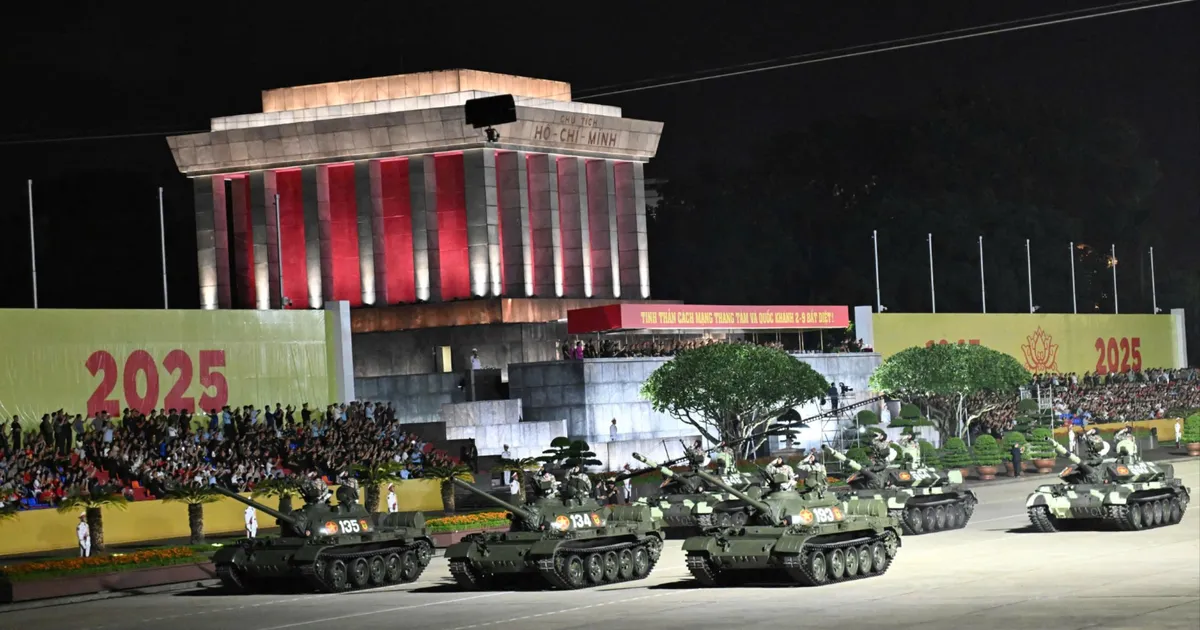

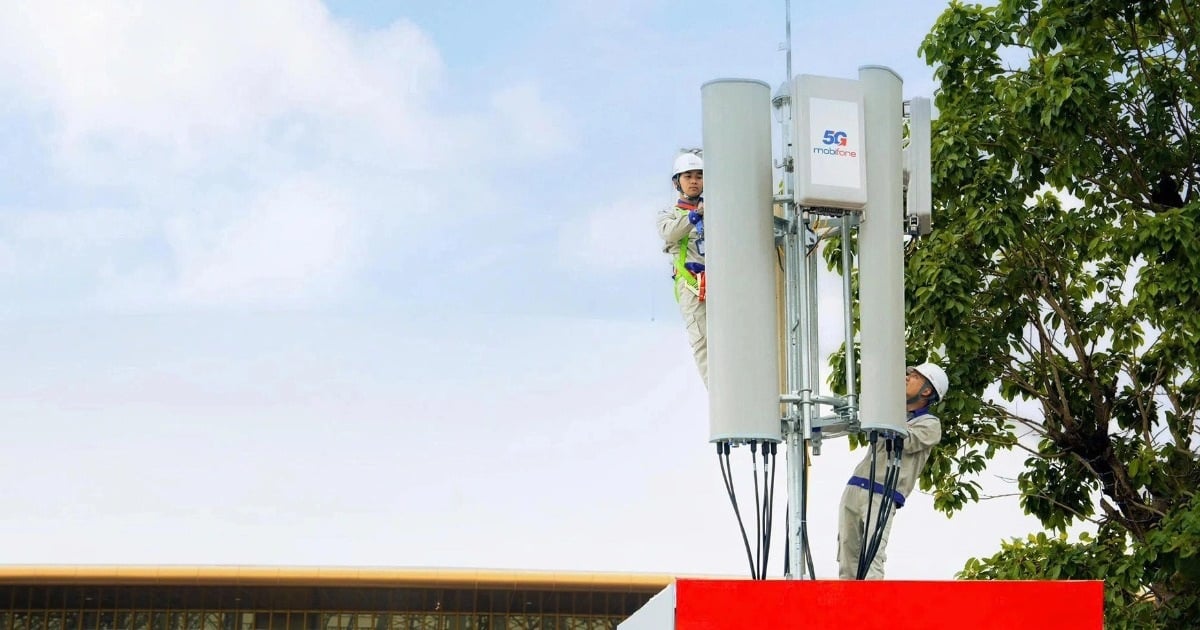

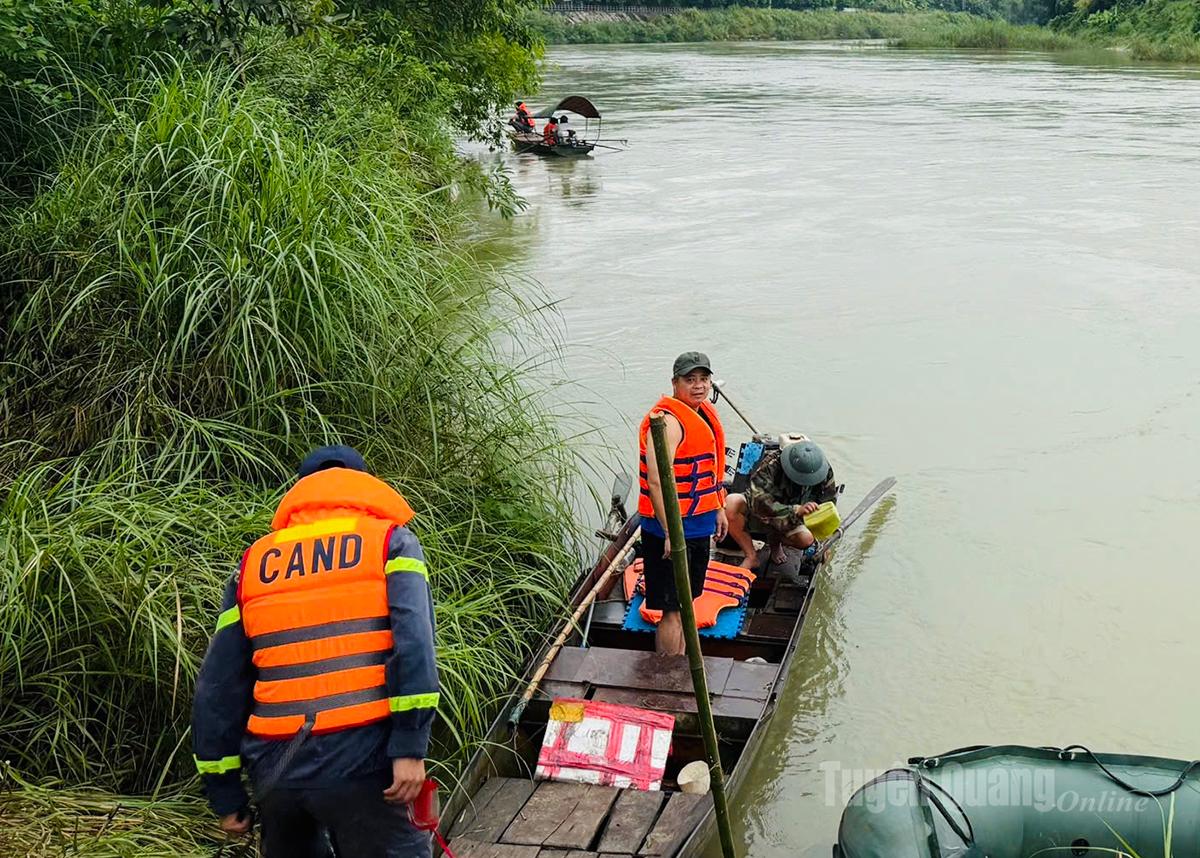
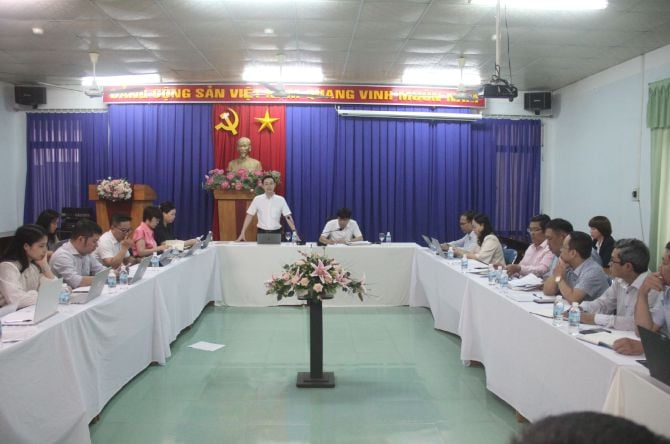
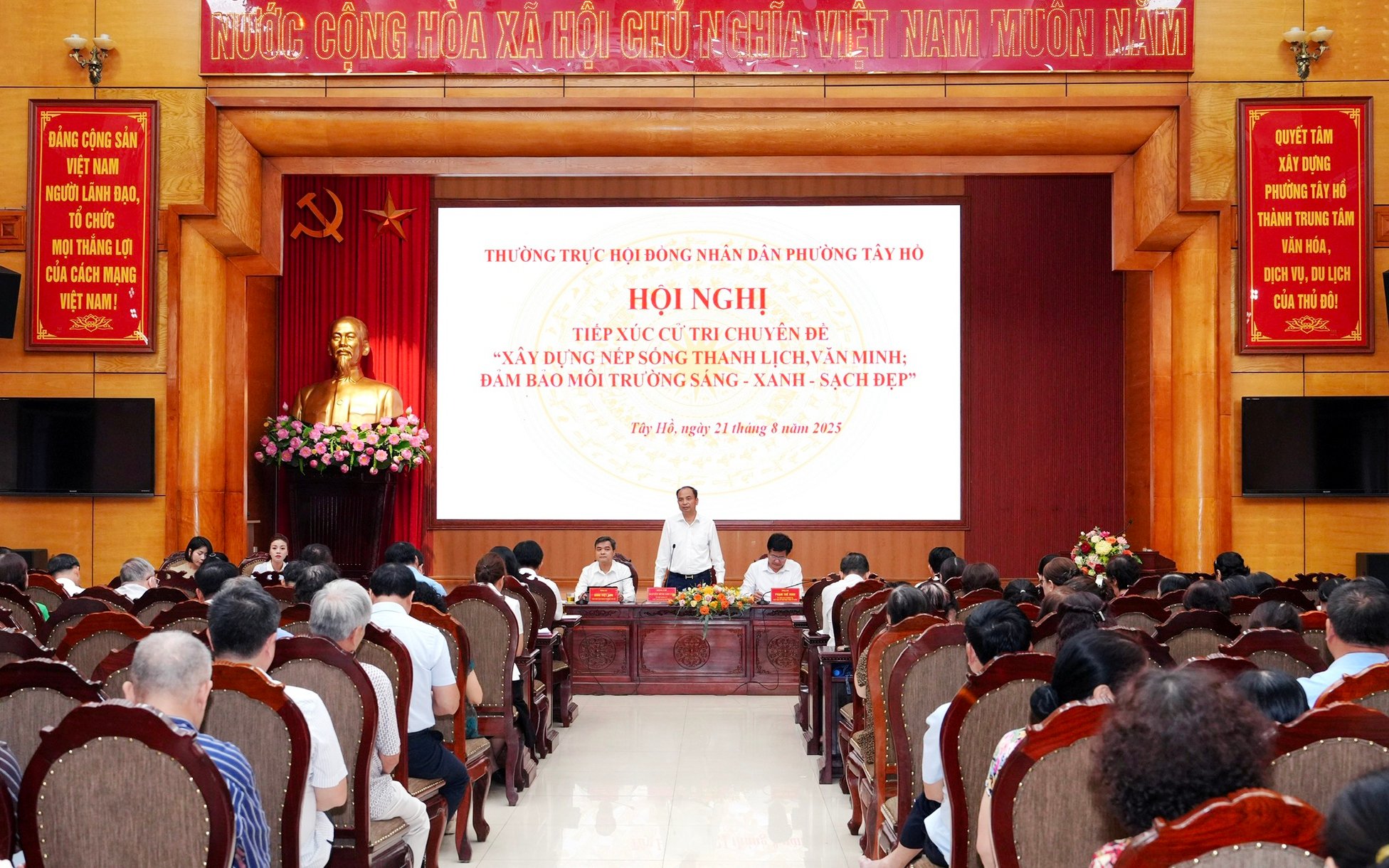

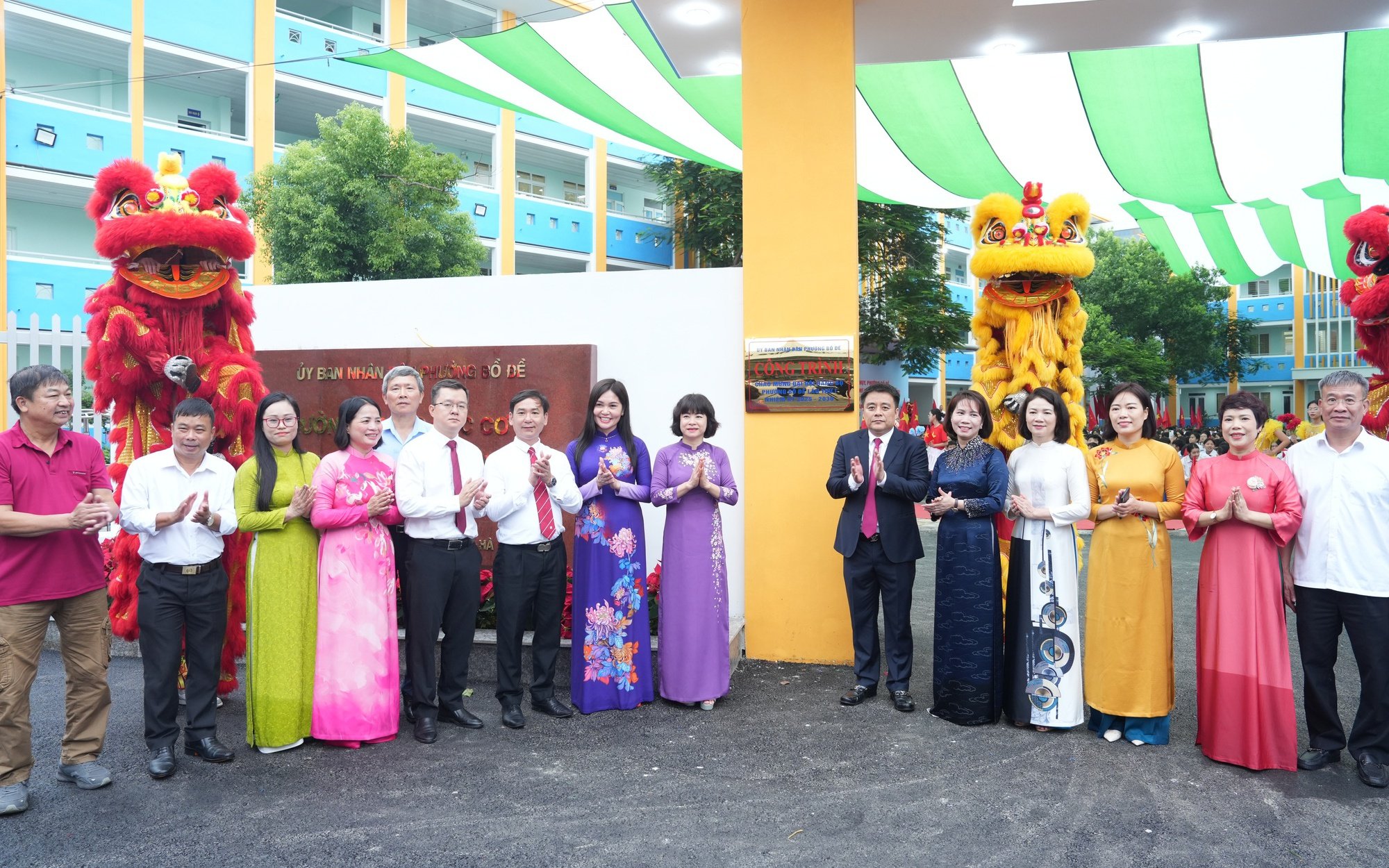



















![[Photo] An Phu intersection project connecting Ho Chi Minh City-Long Thanh-Dau Giay expressway behind schedule](https://vstatic.vietnam.vn/vietnam/resource/IMAGE/2025/8/21/1ad80e9dd8944150bb72e6c49ecc7e08)































![[Photo] Politburo works with the Standing Committee of Hanoi Party Committee and Ho Chi Minh City Party Committee](https://vstatic.vietnam.vn/vietnam/resource/IMAGE/2025/8/21/4f3460337a6045e7847d50d38704355d)
































Comment (0)